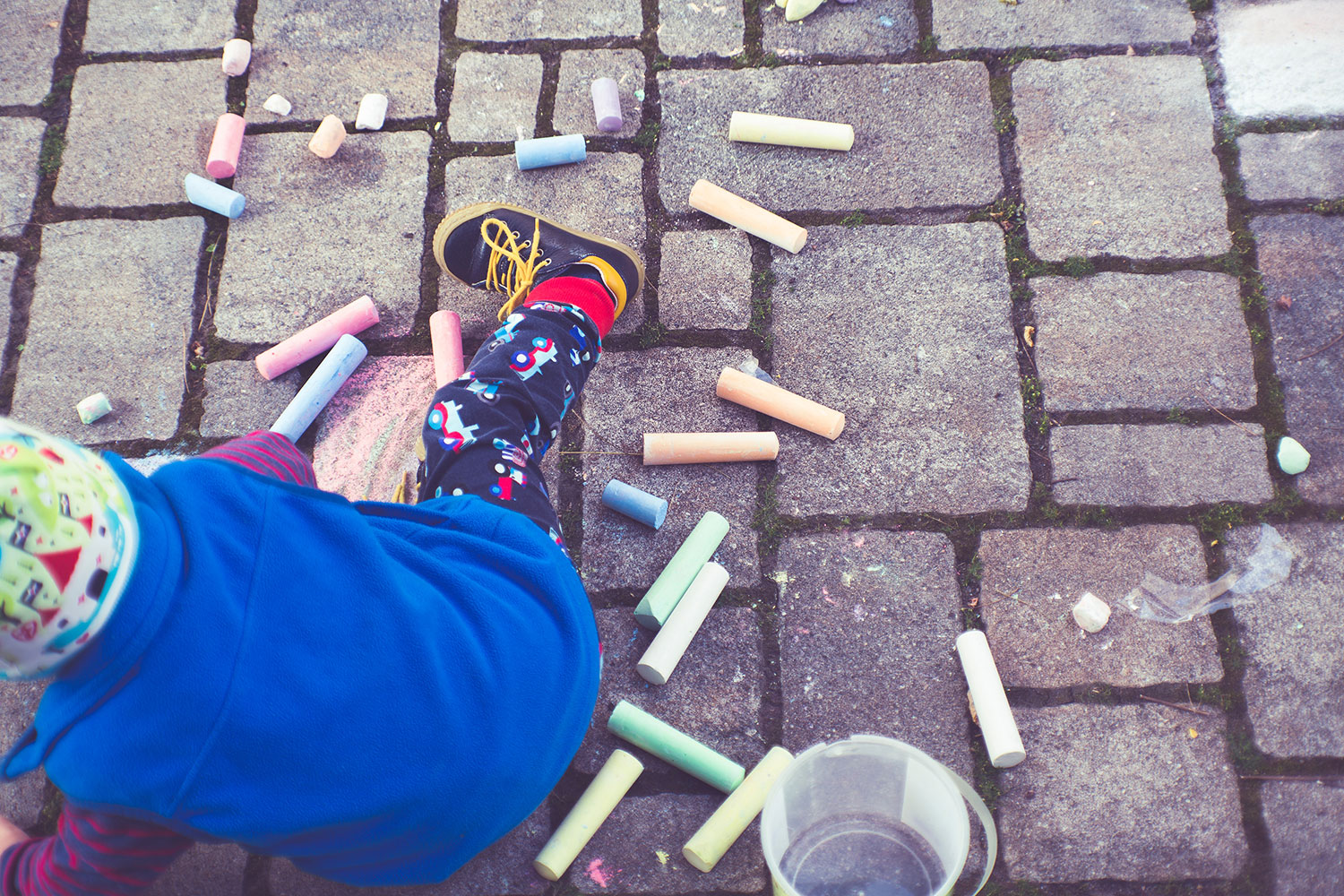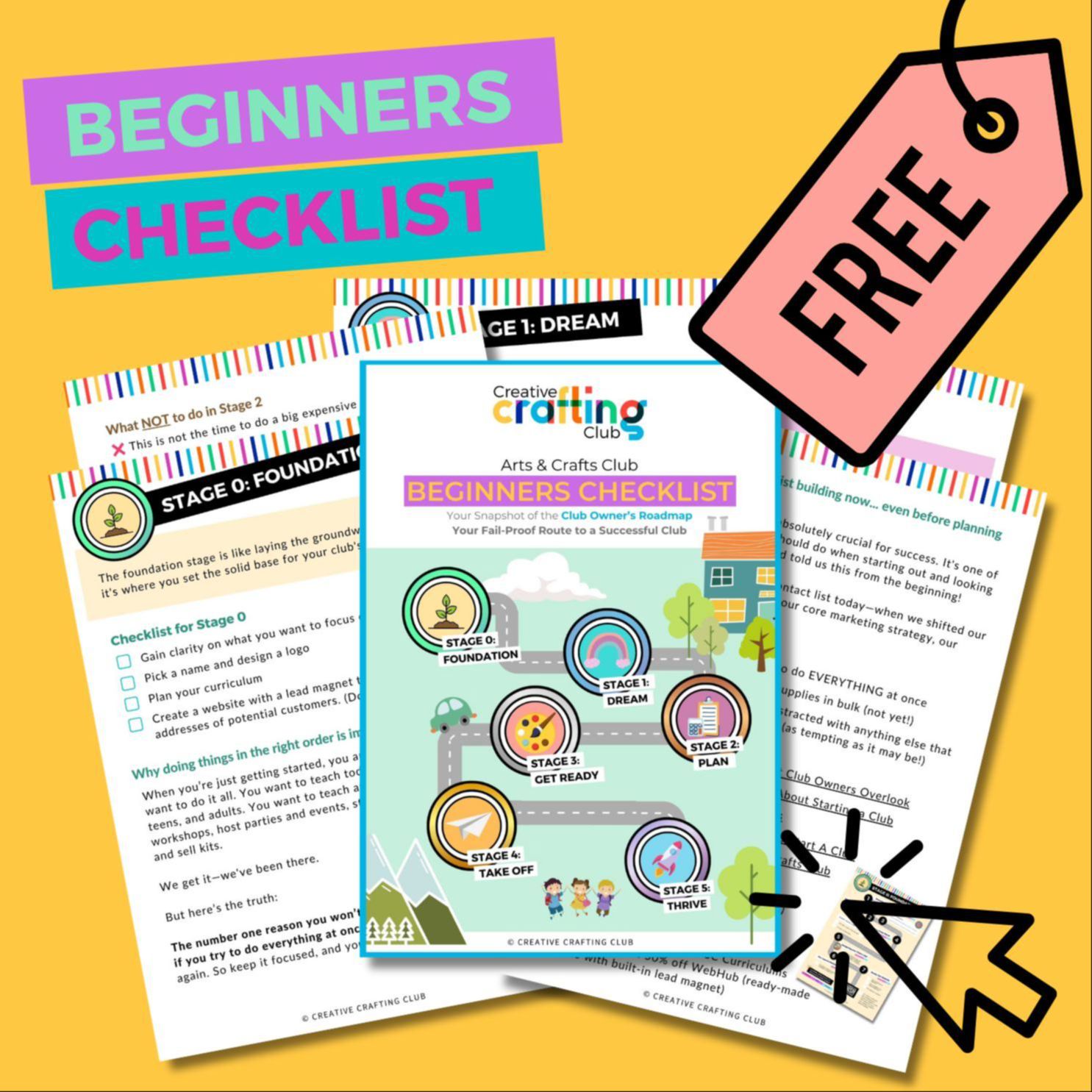5 Superskills Every Kid Needs
Posted on Feb 17, 2020
Yes, you guessed it. Through play!
Play is an essential part of life, for kids and even for adults. Play is critically important for development in early childhood.
Besides the obvious developmental skills that you learn through play, some other benefits include:
Play teaches problem-solving, builds self-esteem, teaches collaboration, allows emotions to be experienced and released, encourages planning and develops language.
Kids have a sense of wonder about everything, they ask endless questions, they love stories, they love to collect things, they practise a skill over and over again and they aren’t afraid to take risks. We as parents should embrace this sense of wonder by playing along with our kids and take interest in even the littlest of things that intrigue our kids.
Do you remember the things that intrigued you as a kid?
I remember how we made a mud bath in the backyard, playing for hours, building bridges with twigs and using bottle tops for little boats. I remember making a hole on either side of an egg and blowing out the egg white and yolk to create a humpty dumpty toy for my dollhouse. I remember growing my own rock candy sugar crystals and not wanting to eat it because it was too pretty.
Without realising it, kids make an effort in developing their superskills. Embrace it, take part in it and encourage it!
There are five superskills kids need to practise to thrive:
1. Physical Skills
- Gross motor skills
Gross motor skills are physical, whole body movements. Large muscles are used to perform gross motor functions. Think of running, jumping, doing a cartwheel and sitting upright at the dining room table.

Encourage your kids to practice gross motor skills by giving them the opportunity to be outside. Yup! Less screen time! Go to a park and play tag with your kids, climb on the jungle gym, jump on a trampoline and see if you can still do a cartwheel (Gosh, I think I will strain a muscle!).
- Fine motor skills
Fine motor skills involve smaller movements in the wrists, hands, fingers, feet and toes. We use fine motor skills every day; while buttoning our clothes, eating with a knife and fork, cutting with scissors, using our keyboard or typing on our phones (we sure have perfected those iPhone fine motor movements, hey?). We use fine motor skills even when we blink.

Have ample fine motor fun materials at home, such as; play dough, puzzles, fine motor skill toys, drawing and painting materials and lego. Encourage your kids to play, and take part in the fun!
For younger kids, you could use kitchen utensils such as tongs, and create a game to pick up small objects, such as grapes, cotton balls or bottle caps and allow them to cut with scissors (under supervision).
2. Executive Skills
Executive function is the CEO of your brain - it is in charge of making sure you complete a task, from the stage where you have the idea, through to planning and execution.
Executive function skills are developed at different stages of your life. The most important elements of executive function consist of:
- Attention
- Planning
- Organization
- Time management
- Judgement
- Critical thinking
- Flexibility
- Problem solving
As you can see, executive function is extremely important for all aspects of life, from making a sandwich, to packing your bag and picking priorities for the day.
If you have underdeveloped executive function then you may come across as disorganized. For children, that may mean that homework could become a nightmare.
So how do we develop and improve executive function?
- Create checklists. Assist your kids in creating basic checklists for the day and make sure that you tick the actions off together. This will make tasks more digestible and less daunting. It will also give them the opportunity to focus on the task at hand.
- Set time limits. Allow your kid to see how much time has passed and what is left when completing a task.
- Develop problem solving skills through creative crafting. For example, give your kids a box of recycled materials and encourage them to build a bridge using only recycled materials and tape. Now put something heavy on top and see if it holds, discuss an improvement plan. Let them give it another go, add more weight on top this time.
- Give rewards as motivation. If you struggle with executive function then you probably struggle with motivation as well. Rewards help with motivation, but don’t overdo it.
- Stop, rest and refuel. Encourage breaks, celebrate the small successes.
- Exercise. Basic exercise such as playing sports or walking the dog, improves executive function.
Do these improvement tips sound like tips a working adult needs as well? I told you the executive function is the CEO of your brain! Let me take a break and go for a run…
Allright, I am back!
3. Social Skills and Self-regulation
We all have a desire to feel connected, valued, to have a sense of belonging and to feel safe.
Being human not only involves caring for your family and friends but also for our environment. As humans we interact with others (whether we like to or not) and mastering the art of self-regulation is very important.
Self-regulation is the ability to manage and regulate one’s emotions and behaviour. Recognising one’s own feelings, recognising the feelings of others and controlling behaviour by communicating feelings and managing impulses.
This is a big one, folks! We are all social beings and social skills and self-regulation is critical for success in life and general happiness.
How can we practise this with our kids?
- Be a good role model! This sounds obvious, but how often do we see adults losing their cool in front of their kids? Be aware of how you interact with others when your kids are around.
- Know your kid. We are all different. Create social interaction opportunities but know when to go home.
- Teach empathy. Discuss the feelings of others and teach your child to listen to what others have to say. If kids understand how others feel then they are likely to feel more connected and create positive bonds.
- Teach your child to ask questions. The best way to form a connection is to talk to someone and ask questions to encourage conversation.
- Show compassion. If your kid battles to regulate emotions, try to understand what is going on, show him or her that you are there to help.
4. Speech and Language
Now that we understand the importance of social skills and self-regulation we will explore how we can teach our kids how to communicate their ideas and feelings.
How do we develop speech and reading skills?
- Talk, talk, talk,
- Read, read, read, and
- Sing, sing, sing.
Talking, reading and singing will also develop pronunciation and articulation.
Use computers and screens sparingly. TVs and screens do not interact with kids and do not respond to kids' ideas. There is no shortcut.
5. Sensory Awareness
We use our senses to interact with the world around us on a daily basis. From smelling freshly cut grass, to chatting to the delivery guy or a family member about our day.
We also use our senses as a safety mechanism, for example when lightly touching the handles of a pot on the stove, we receive sensory input, identify that it is safe and then respond by picking it up.
For most adults this is a natural process, but for many younger kids sensory processing may still be underdeveloped.
What can we do to improve sensory awareness?
- Taste, smell, touch: Make food with different textures and bright colours
- Hearing: Play music. Soft background music while eating or working and fun familiar songs during playtime.
- Vision: Hang a lot of art and beautiful wall hangings in your home. Arouse aesthetic awareness and appreciation of beauty.
- Touch: Embrace your kids, hold and touch them often.

You can incorporate all of these super skills by becoming a child again with your kids - play, laugh and learn!
I hope this post was valuable to you. We’d love to hear how you practise superskills with your kids in the comments below.
Need project ideas to develop the 5 superskills at home? Click here to grab one of our free lesson plans!



